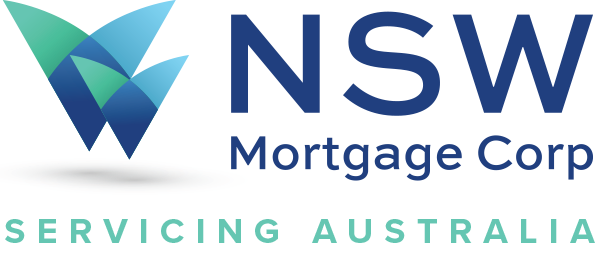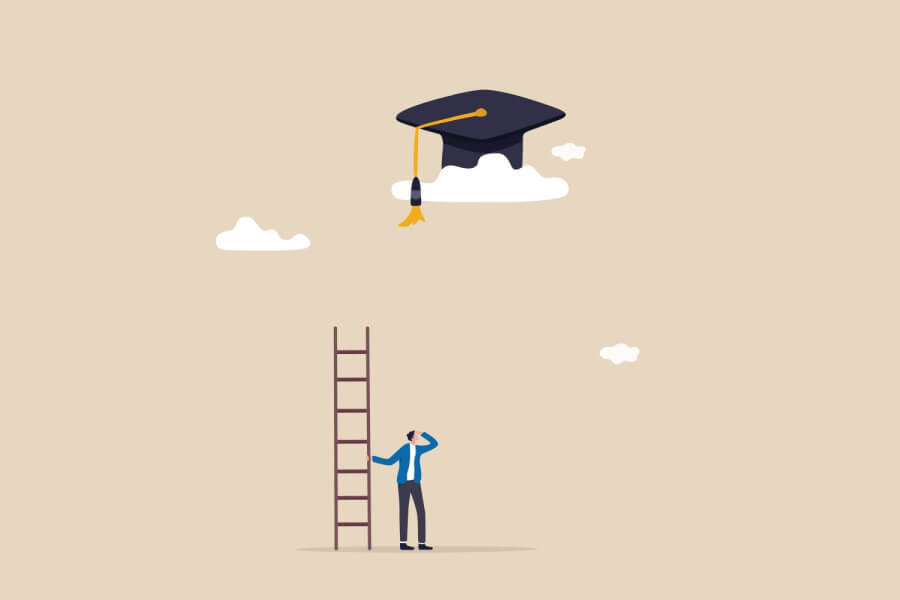It is obvious that personal loans come with high interests because of the risks that lenders take in lending unsecured loans. Learn how to minimize the cost of the loan and get the best deals possible by following the tips below.
Make sure that you transact with a legitimate and reputable financing company
When applying for a home loan to pay your defaults on home loans, it is advisable to do some research about your lender. There are unscrupulous loan sharks out there who are waiting to lend you a huge amount of money in exchange for very high-interest rates and hidden charges. What’s worst, there are con artists that would pose as legitimate lenders only to steal personal information that they can use for credit card fraud and other illegal acts.
A good lender would answer all your queries with regards to the loan terms, and will not ask for money before they process your loan application. There are also specialised lenders like NSW Mortgage Corp that accepts applications of people with bad credit score and those without financial documents that are usually required by mainstream lenders. Inquire about their services, loan products and the actions they take in case of default. It is important to know what you are getting into before you sign the contract to avoid any distressing surprises that may come your way because of your personal loans.
Ask about the true rates
Don’t just rely on the publicized rates that are designed to attract the attention of potential borrowers. Ask about the actual Annual Percentage Rate instead. Some lenders offer discounts during the first few months of loans, while others don’t. Inquire about early payment discounts that could reduce the APR.
When calculating the possible rates, it is important to consider the loan term to come up with the actual rate. For example, if the lender charges 30% APR for a personal loan payable within a year, you can inquire about its APR when you only take a loan for 6 months.
Read the loan terms and details
Does your lender provide you with a computation of the actual fees associated with the loan? There are expenses and charges that you may have to incur overtime so it is important to study all the associated costs and possible discounts before you choose a loan product.
Check your credit report
Your credit report would show you the total amount of debts you currently owe as well as the kind of accounts that you have. If you have defaults, you will surely know about it. You can also read your report to learn about possible errors that have been dragging your credit score down. For example, there might have been data entry mistakes that wrongly imputed the debit to your account, or you may have been a victim of credit card fraud. You can dispute the negative information directly with the credit reporting agency or your lender itself. It is also important to note that lenders may look upon your application favourably and probably give you a lower interest rate if your credit score is at least above the average. But if you have a poor credit rating, you can still study your credit report and justify your defaults during the interview.
Don’t settle for high-interest loans simply because you have a bad credit history. There are specialized lenders like NSW Mortgage Corp that provides loans to people with low credit score and offers the most affordable rates possible. Choose the most cost-effective loan option that would match your needs and your repayment capacity.
Examine how you currently use your money. Are you spending more than you can actually afford, or is your income not sufficient to cover all your needs on a daily basis? Make a plan on how to improve your financial situation so that you don’t have to resort to debts whenever you miss payments to your home loans.
Inquire about a second mortgage
Let’s say you still owe $20,000 on your first mortgage. By taking a second mortgage you can use the equity you built overtime and probably get up to 70% of its value in the process. If the total appraised value is $100,000, you can get as much as $70,000 minus the $20,000 balance you still owe on the mortgage. This calculation does not include closing costs and other fees that the lender may charge on the loan.
When you are having difficulty in paying your first mortgage, you may want to consider taking a second mortgage to consolidate your loans and save more money in the process. Not only will you be able to spend the extra cash for your urgent needs, but you will also still have the opportunity to get a lower interest rate, and a more affordable monthly payment.




